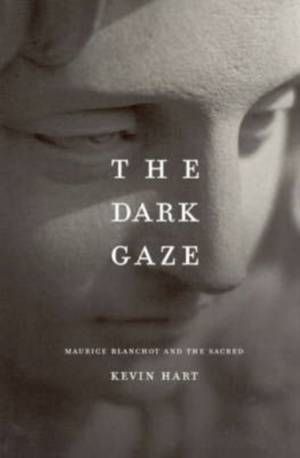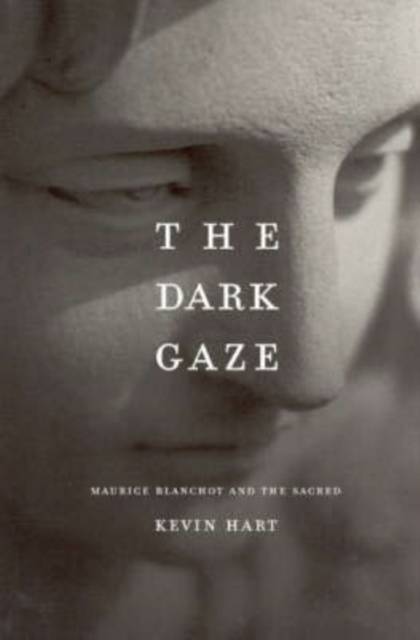
- Retrait gratuit dans votre magasin Club
- 7.000.000 titres dans notre catalogue
- Payer en toute sécurité
- Toujours un magasin près de chez vous
- Retrait gratuit dans votre magasin Club
- 7.000.0000 titres dans notre catalogue
- Payer en toute sécurité
- Toujours un magasin près de chez vous
Description
Maurice Blanchot is among the most important twentieth-century French thinkers. Figures such as Bataille, Deleuze, Derrida, and Levinas all draw deeply on his novels and writings on literature and philosophy. In The Dark Gaze, Kevin Hart argues that Blanchot has given us the most persuasive account of what we must give up--whether it be continuity, selfhood, absolute truth, totality, or unity--if God is, indeed, dead. Looking at Blanchot's oeuvre as a whole, Hart shows that this erstwhile atheist paradoxically had an abiding fascination with mystical experiences and the notion of the sacred. The result is not a mere introduction to Blanchot but rather a profound reconsideration of how his work figures theologically in some of the major currents of twentieth-century thought. Hart reveals Blanchot to be a thinker devoted to the possibilities of a spiritual life; an atheist who knew both the Old and New Testaments, especially the Hebrew Bible; and a philosopher keenly interested in the relation between art and religion, the nature of mystical experience, the link between writing and the sacred, and the possibilities of leading an ethical life in the absence of God.
Spécifications
Parties prenantes
- Auteur(s) :
- Editeur:
Contenu
- Nombre de pages :
- 320
- Langue:
- Anglais
- Collection :
Caractéristiques
- EAN:
- 9780226318110
- Date de parution :
- 30-11-04
- Format:
- Livre broché
- Format numérique:
- Trade paperback (VS)
- Dimensions :
- 165 mm x 228 mm
- Poids :
- 426 g

Les avis
Nous publions uniquement les avis qui respectent les conditions requises. Consultez nos conditions pour les avis.






